Empowering Choices: The Essentials of Birth Control Counseling

Understanding Personal Journeys Through Genetic Counseling
Prenatal genetic counseling is more than a clinical service; it's a deeply personal experience that shapes patients' perceptions of their pregnancies, health, and family futures. From confronting hereditary risks to grappling with emotional challenges tied to pregnancy loss and fertility issues, patients’ narratives reveal the pivotal role counselors play in guiding, informing, and supporting families. This article explores diverse patient stories and testimonials, showcasing the emotional and qualitative dimensions of navigating genetic screening, including tests like NIPT and Harmony, and the profound impacts these experiences have on pregnancy outcomes and hereditary syndromes understanding.
Emotional Realities and Patient Experiences in Prenatal Genetic Counseling
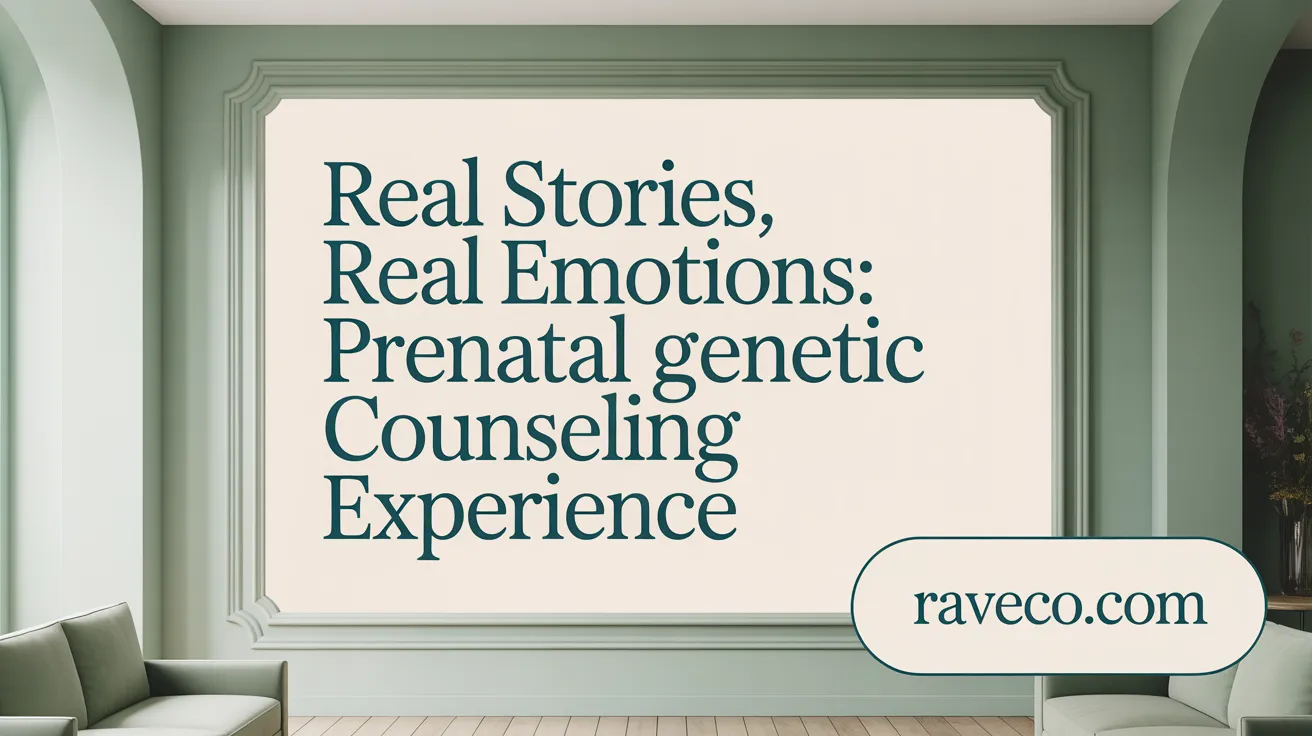
What are common patient experiences with prenatal genetic counseling?
Patients undergoing prenatal genetic counseling often encounter a wide spectrum of emotions throughout their journey. This process can evoke feelings of relief and reassurance, especially when a test reveals no abnormalities, but equally intense feelings of anxiety and uncertainty when potential risks are uncovered.
Many women and couples express a desire for clear, straightforward explanations of their testing options, what conditions are being screened for, and what the results might imply. They often find that educational materials or counseling sessions can sometimes fall short in delivering the information in a way that's easy to understand, particularly when complex genetic details or high-risk results are involved.
Patients appreciate a counseling approach rooted in empathy and non-judgment. A patient-centered style that listens attentively, affirms their concerns, and respects their values fosters a supportive environment. This approach not only helps reduce decisional conflict but also bolsters trust and emotional well-being.
Delivering difficult or unexpected results is particularly sensitive. The most effective counseling occurs when healthcare providers communicate with compassion, maintain continuity of care, and provide follow-up resources. Clear communication about the next steps, available options, and support systems is crucial.
Overall, the shift toward relational and narrative-based counseling aims to empower women and couples by making complex information more accessible. This approach ensures that patients feel supported, understood, and equipped to make informed decisions about their pregnancies.
Patient Narratives on Genetic Testing and Screening Journeys Including NIPT and Harmony
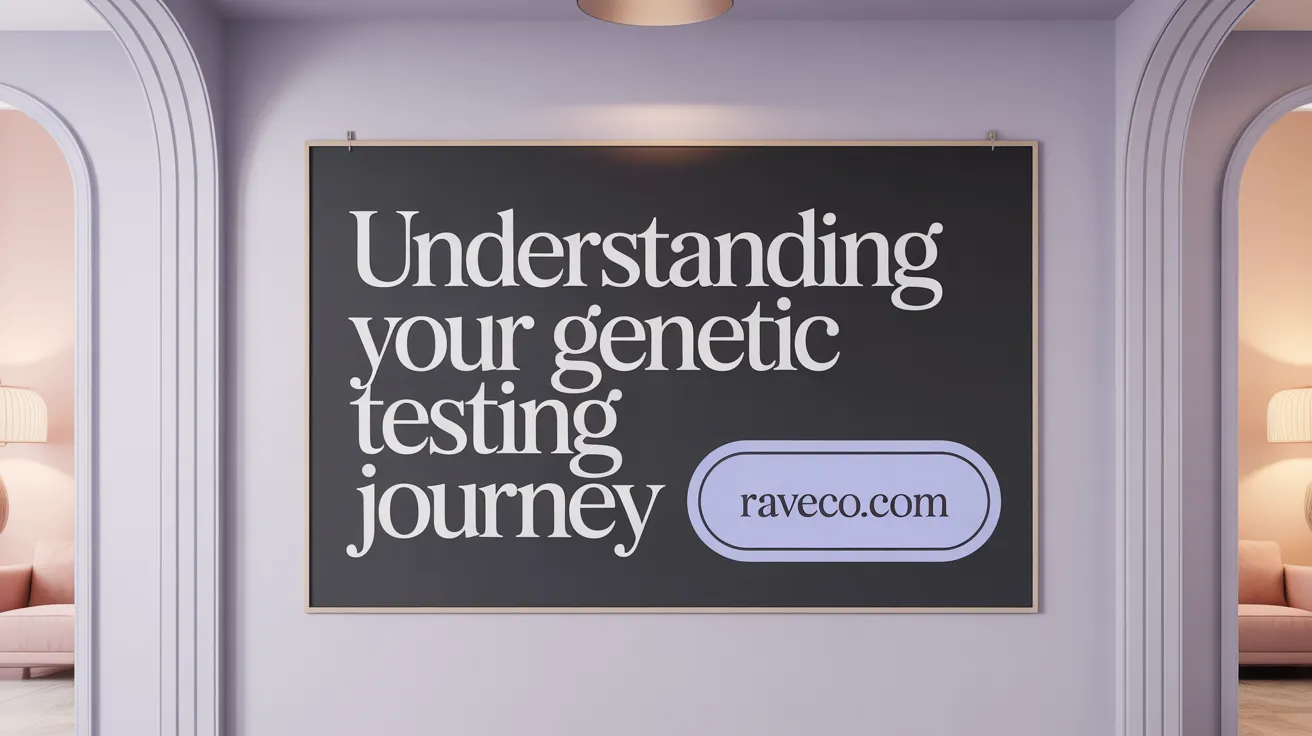
How do patients describe their journey through genetic testing and screening options like NIPT or Harmony?
Many patients view genetic testing, such as the Harmony Non-Invasive Prenatal Testing (NIPT), as an empowering step in pregnancy care. These tests offer early detection of chromosomal conditions like Down syndrome, trisomy 18, and trisomy 13, providing peace of mind or preparing families for potential needs ahead of birth.
The process is often described as straightforward and reassuring because it involves a simple blood draw from the mother, posing no risk to the pregnancy. This non-invasive nature makes patients more comfortable compared to traditional invasive procedures like amniocentesis.
However, the journey isn't without its emotional complexities. Patients may feel overwhelmed by the detailed and sometimes complex information about what the tests can detect, their limitations, and the possible false-positive or false-negative results. Understanding these limitations is critical, as false results can lead to unnecessary anxiety or false reassurance.
Healthcare providers play a vital role in conveying clear, accessible information about test capabilities, outcomes, and subsequent steps if results indicate increased risk. Many patients appreciate when providers discuss the possibility of follow-up diagnostic procedures, like CVS or amniocentesis, if screening results suggest the need.
Overall, the experience encompasses both relief for the safety and accuracy of NIPT and nuanced feelings of uncertainty, prompting emotional responses ranging from reassurance to concern. Patients value transparent communication and supportive counseling throughout their screening journey, which helps them navigate subsequent decisions confidently.
Personal Stories Highlighting Emotional Challenges and Coping During Genetic Counseling
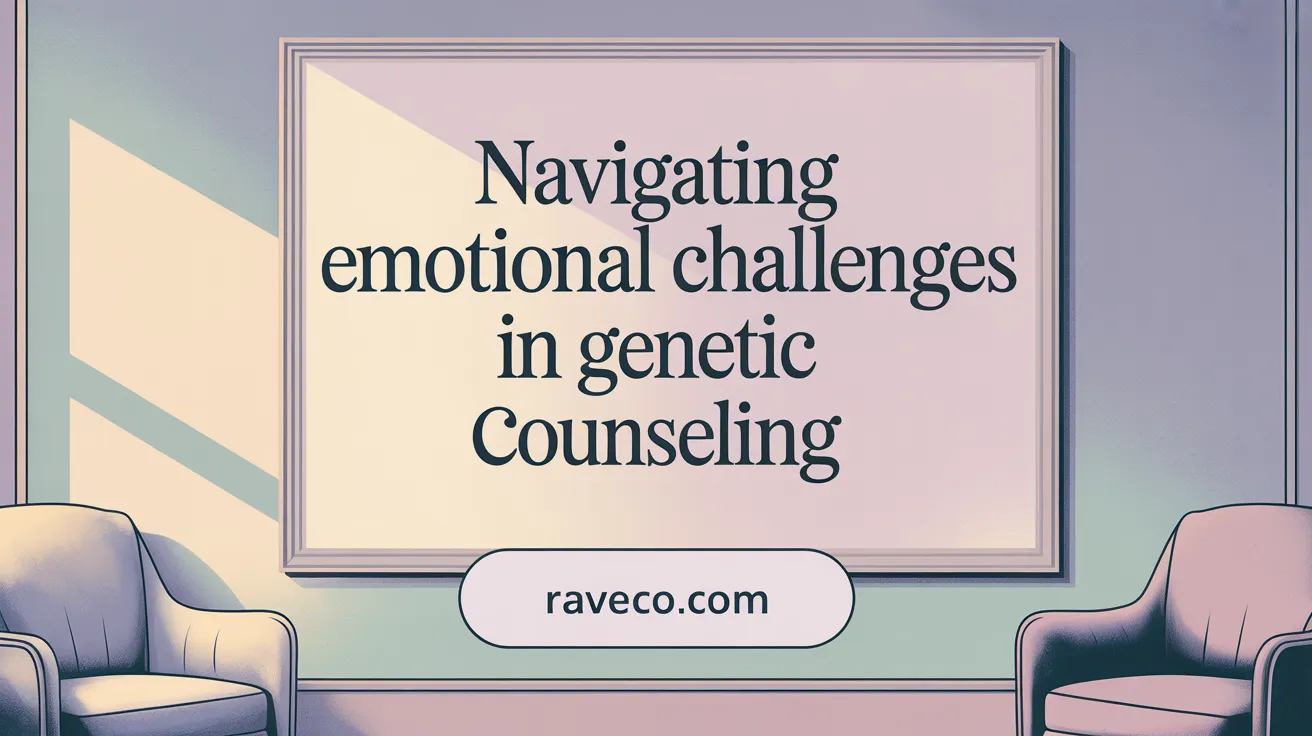
What emotional challenges do patients face during genetic counseling and how do they cope?
Patients navigating genetic counseling often encounter a wide range of emotional difficulties. These can include anxiety and fear related to uncertain or complex test results, especially when facing potential diagnoses such as hereditary conditions or fetal abnormalities. Emotional responses are particularly intense among individuals who have experienced previous pregnancy losses or have a personal or family history of genetic diseases.
For example, women like Lailla, who received prenatal screening results indicating no risks, still reported feelings of relief but also distress about their past, highlighting the emotional rollercoaster that genetic testing can entail. Similarly, women who terminate pregnancies following abnormal fetal diagnoses can experience profound grief, guilt, and anxiety, with effects sometimes lasting years. These emotional challenges resemble those faced in other types of loss, often requiring long-term psychological support.
Coping strategies are essential in helping patients manage their emotional responses. Many seek social support from family, friends, or support groups, which can provide comfort and shared understanding. Open communication with genetic counselors also plays a crucial role, as counseling sessions allow patients to verbalize fears and uncertainties in a safe environment.
Assessment tools like the BATHE method, which quickly evaluates emotional well-being during appointments, are increasingly used by healthcare providers to recognize distress early. This enables timely intervention, such as referrals to mental health professionals when needed.
Incorporating trauma-informed and culturally sensitive practices within genetic counseling can significantly improve patient experiences. Tailored support that acknowledges individual backgrounds and emotional states helps build trust and resilience. Overall, addressing social, emotional, and psychosocial concerns as part of genetic counseling is fundamental to optimizing health outcomes and ensuring patients feel supported throughout their journey.
Patient Narratives of Genetic Counseling Impact on Fertility and Pregnancy Loss
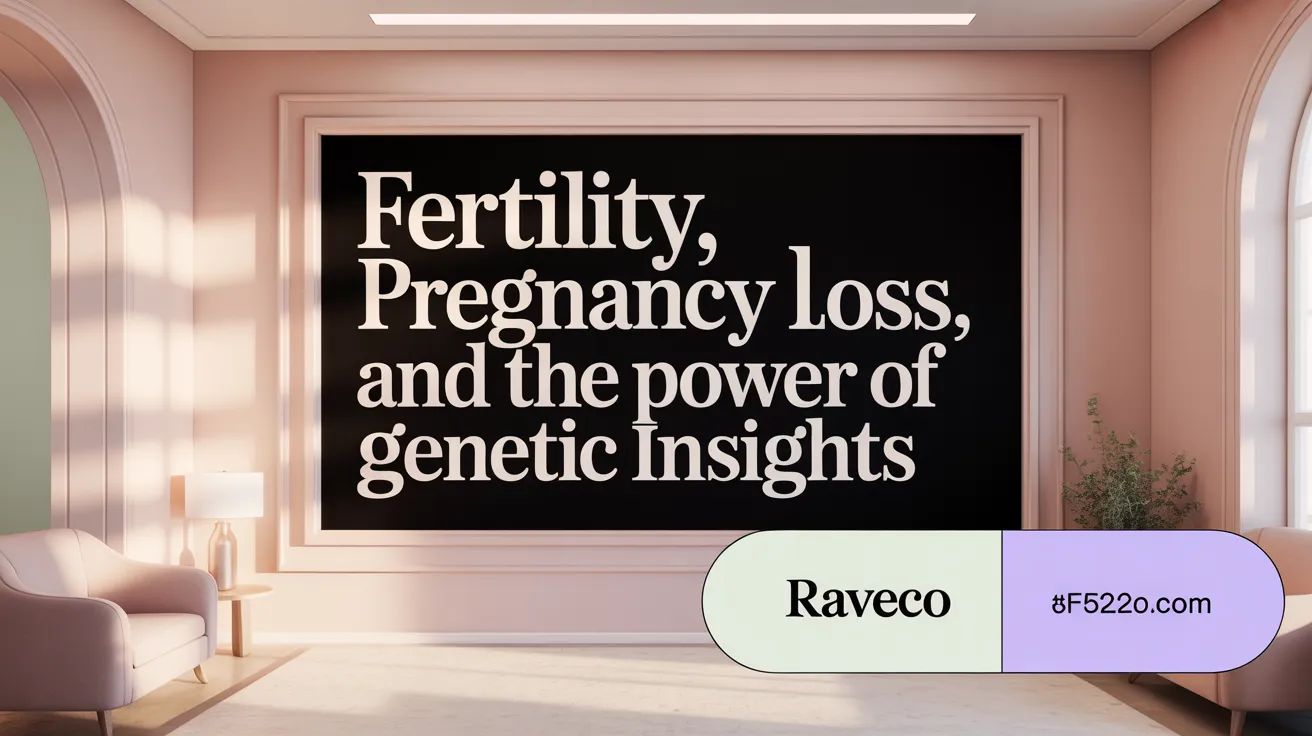
Experiences with fertility challenges and multiple pregnancy losses
Many women and couples face emotional and physical struggles when trying to conceive. Personal stories often include multiple miscarriages, biochemical pregnancies, and unsuccessful fertility treatments such as in vitro fertilization (IVF). These experiences can lead to feelings of grief, guilt, and social isolation, as individuals process the trauma of repeated loss and the uncertainty of future pregnancy prospects.
Role of genetic testing in identifying hereditary risk factors
Genetic counseling plays a vital role in uncovering hereditary factors that may contribute to fertility challenges or pregnancy losses. For example, some women like Richelle discover genetic clotting disorders after experiencing recurrent miscarriages. Such conditions, often involving mutations affecting blood clotting, can be managed or monitored to improve pregnancy outcomes. Additionally, advanced genetic testing, such as microarray analysis of miscarriage tissue, helps identify chromosomal abnormalities that might explain pregnancy losses.
Benefits of counseling in understanding genetic clotting disorders and miscarriage analysis
Genetic counselors assist patients in understanding complex test results and their implications. For Richelle, counseling provided clarity about her clotting disorder and informed her treatment options, potentially increasing her chances of a successful pregnancy. Counseling also involves discussing innovative reproductive options like preimplantation genetic testing for aneuploidy (PGT-A), which can reduce the risk of chromosomal abnormalities in subsequent pregnancies. Overall, genetic counseling offers emotional support and practical guidance, empowering patients to navigate intricate reproductive health decisions.
| Narrative Aspect | Explanation | Additional Notes |
|---|---|---|
| Recurrent pregnancy loss | Emotional impact of multiple miscarriages | Often linked to genetic factors such as chromosomal issues or clotting disorders |
| Fertility treatments | Personal stories of IVF or assisted reproductive techniques | Counseling can inform about genetic risks and options |
| Emotional toll | Feelings of grief, guilt, and isolation | Support from healthcare professionals is essential |
| Genetic testing outcomes | Discovering hereditary conditions | Guides future reproductive choices and treatment plans |
| Counseling benefits | Understanding risks and stress management | Provides long-term emotional and informational support |
Understanding Genetic Conditions Through the Patient Lens: Hereditary Syndromes and Carrier Screening
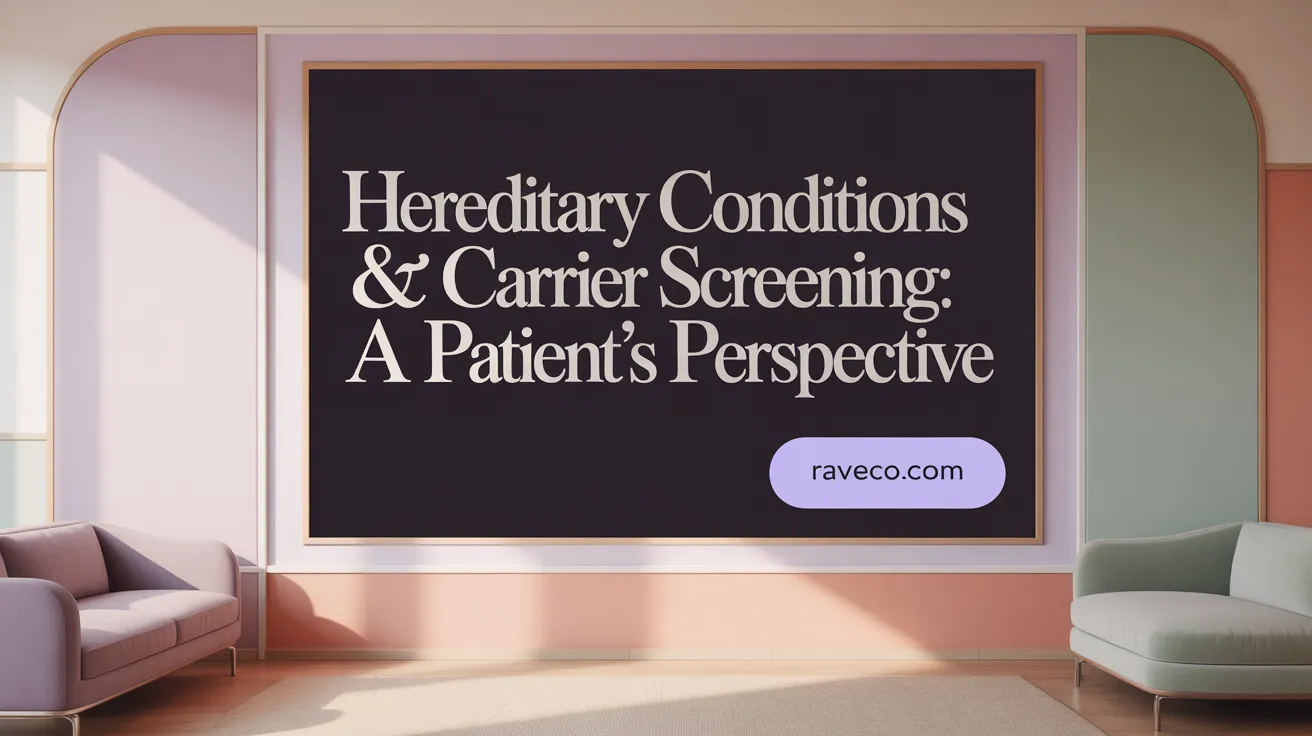
Patients’ experiences and perceptions offer valuable insights into the impact of genetic counseling on understanding inherited conditions. When a woman like Melanie learns she has hereditary spastic paraplegia type 47 (SPG47), or when individuals discover they are carriers for conditions like cystic fibrosis (CF), they often describe the process as illuminating and empowering.
Genetic counseling helps patients grasp complex inheritance patterns, risk factors, and management options. For example, Corrine’s experience with carrier screening revealed her and her husband's status for CF—information that was crucial for understanding her child's health prospects. Even when initial tests are negative, expanded screening technologies, like Horizon™, can detect genetic risks that might otherwise go unnoticed.
Many patients find counseling beneficial for communicating health risks with family members and making informed reproductive choices. Women who undergo fetal screening, such as Lailla who tested negative for abnormalities, describe the peace of mind and clarity gained from the process.
The value of advanced testing methods is evident, as they provide detailed carrier status regardless of ethnicity. This empowers couples to consider options like IVF with PGT or prenatal diagnosis, built upon a solid understanding of their genetic background.
Overall, individuals perceive genetic counseling as a vital resource. It increases awareness about inherited conditions, helps manage emotional responses, and supports proactive health decisions. Many express high interest in receiving ongoing counseling as new information and testing options continue to evolve.
| Patient Experience | Condition/Scenario | Perceived Benefits | Additional Notes |
|---|---|---|---|
| Melanie | Hereditary spastic paraplegia (SPG47) | Better understanding of genetic risk | Helps guide future health decisions |
| Corrine | CF carrier screening (initial negative, expanded positive) | Clarity on reproductive risk | Informs family planning and testing |
| Lailla | Fetal screening with MaterniT 21 PLUS | Peace of mind about fetal health | Reinforces importance of genetic testing |
| Kate Hanauer | Personal work in genetic counseling | Role of counseling in smooth decision-making | Emphasizes non-directive, patient-centered approach |
Patients value the personalized support and knowledge provided through genetic counseling, underscoring its importance in navigating inherited health risks.
Reflections on the Value of Patient-Centered Prenatal Genetic Counseling
Patient stories illuminate the multifaceted nature of prenatal genetic counseling, blending scientific insight with deeply personal and emotional journeys. These narratives underscore the necessity for empathetic communication, comprehensive education about testing options like NIPT and carrier screening, and recognition of the psychological impacts surrounding pregnancy loss and hereditary condition risks. Genetic counseling, when delivered through a compassionate, patient-centered lens, empowers individuals and families to navigate complex genetic information and make informed, personalized decisions about their health and futures. As seen through these varied experiences, the evolving model of prenatal genetic counseling is one that values both medical knowledge and human connection, providing vital support in the transformative journey of pregnancy and family planning.
References
- Patient Stories and Testimonials - About Genetic Counselors
- Commentary on “My Story: A Genetic Counselor's Journey ...
- Patient Stories
- A Genetic Counselor's Journey from Provider to Patient
- Corinne's Story
- A patient's story of genetic testing for pregnancy loss
- Testimonials from parents who chose NIPT's accuracy





.png)